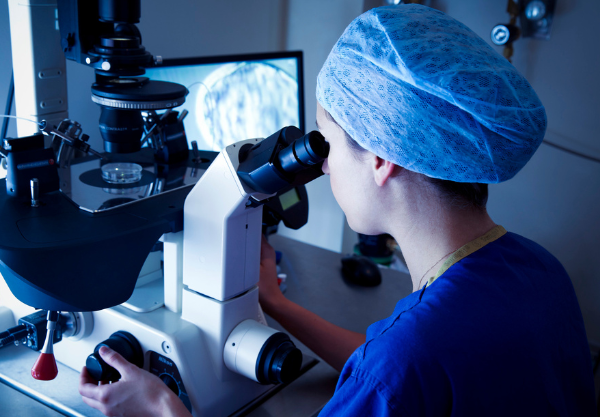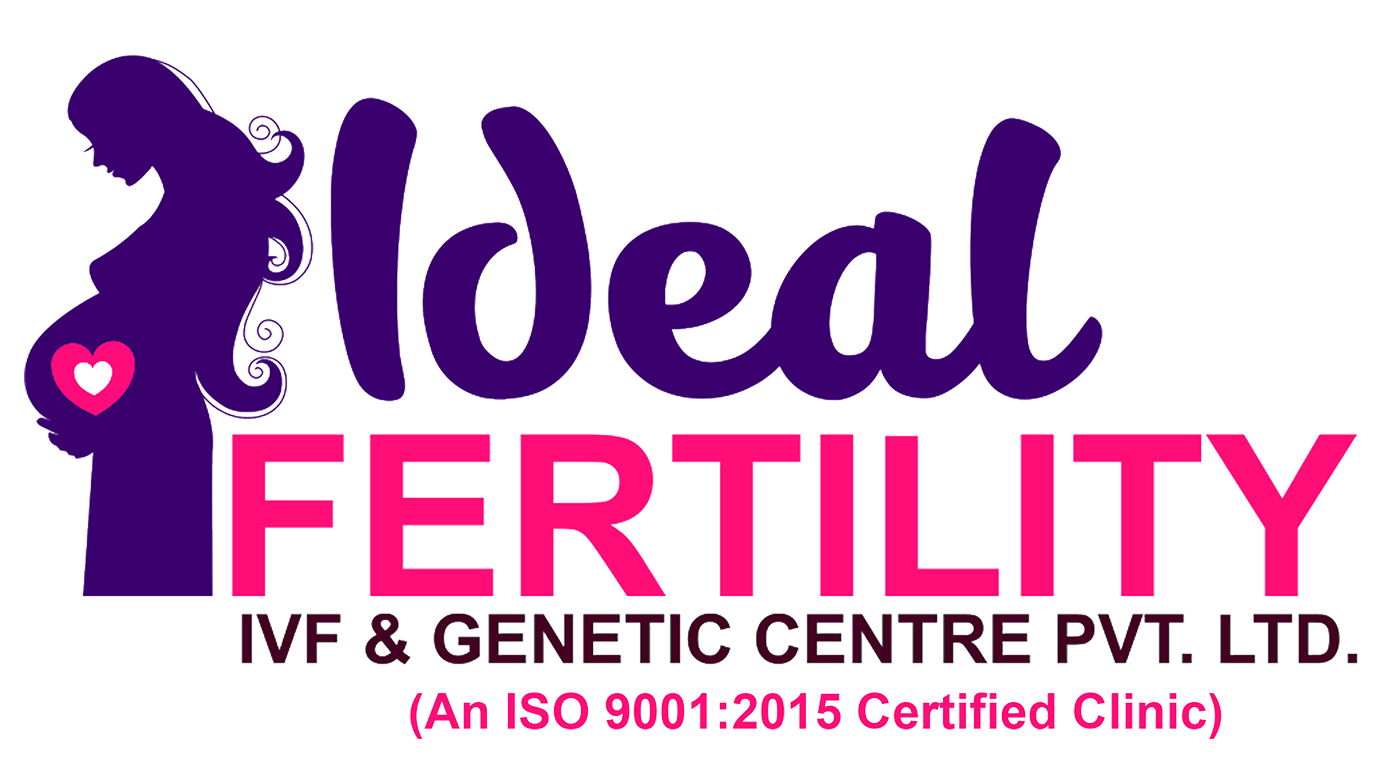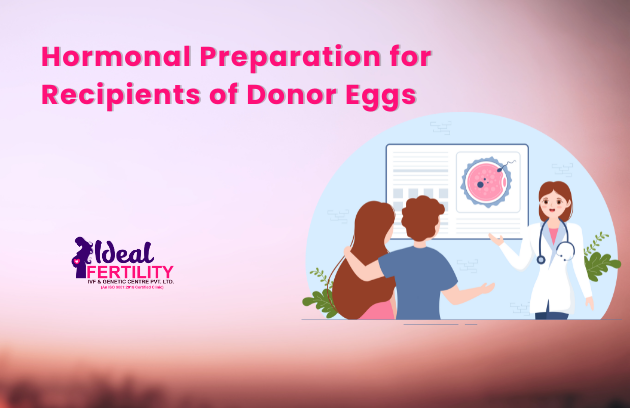Table of Contents
In a natural cycle, a woman’s body prepares her uterus for implantation after ovulation. But when using donor eggs (डोनर अंडे), the recipient’s ovaries are not releasing eggs and her hormone levels must be managed artificially.
The egg donation procedure – (अंडा दान प्रक्रिया) requires that the uterine lining be thick and receptive at the exact time the embryo-created through in vitro fertilization (इन विट्रो फर्टिलाइजेशन)-is ready for transfer. Without proper hormone support, implantation may fail even with a high-quality embryo.
Hormonal Preparation Protocol at Egg Donation Clinics
Clinics that offer advanced egg donation services typically follow a well-structured hormonal protocol to prepare the uterus. The goal is to create a natural-like environment using external hormones.
Cycle Synchronization - साइकल सिंक्रोनाइज़ेशन
- May involve oral contraceptive pills.
- Helps synchronize donor and recipient.
- Allows clinic control over the treatment timeline.
Estrogen Therapy - एस्ट्रोजन थेरेपी से एंडोमेट्रियम की तैयारी
Estrogen is introduced after suppression or at the beginning of the cycle.
- Administered via oral tablets, patches or injections.
- Helps thicken the uterine lining (एंडोमेट्रियल मोटाई बढ़ाना).
- Regular ultrasounds ensure optimal thickness (usually 8-12 mm).
Estrogen also supports a stable uterine environment until the embryo transfer.

Progesterone Support - प्रोजेस्टेरोन सपोर्ट से इंप्लांटेशन को मजबूती
- This hormone signals the uterus to enter the implantation phase.
- Delivered through vaginal suppositories, gels or injections.
- Mimics the natural luteal phase after ovulation.
Embryo Transfer and Post-Transfer Support - भ्रूण स्थानांतरण और समर्थन
- Progesterone and estrogen are maintained to support early pregnancy.
- A pregnancy test is taken after 10-14 days.
- If successful, hormones may continue until 10-12 weeks of pregnancy.
Who Needs Hormonal Preparation?
Hormonal support is essential for:
- Women with premature ovarian failure.
- Women with menopause (early or natural).
- Cases involving donor sperm (डोनर शुक्राणु) and donor egg.
- Women with irregular or no cycles.
- Recipients with thin endometrial lining.
In such scenarios, hormone replacement is not optional- it’s the foundation of the cycle’s success.
Monitoring During Hormonal Preparation at Egg Donation Centers
Monitoring is crucial. Clinics, including specialized egg donation hospitals (अंडा दान अस्पताल), closely follow:
- Uterine lining thickness via transvaginal ultrasound.
- Hormone levels through bloodwork.
- Side effects or reactions to medications.
Possible Side Effects of Hormonal Therapy
Hormone medications are generally well-tolerated, but recipients may experience:
- Mood swings or irritability.
- Bloating or breast tenderness.
- Headaches or fatigue.
- Rarely, allergic reactions or elevated blood pressure.
Egg donation clinics provide full-time support during therapy. Medical professionals guide recipients through side effects with lifestyle and medication adjustments.
How Hormonal Preparation Affects Egg Donation Success Rates?
Benefits of preparation:
- Increases the chance of successful implantation.
- Reduces early pregnancy loss.
- Ensures endometrial receptivity aligns with embryo stage.
- Mimics the natural environment as closely as possible.
Clinics known for successful outcomes, such as trusted egg donation centers, often credit careful hormone coordination as a major contributor.
Integrating Hormonal Prep in Overall Egg Donation Services
In addition to the hormone protocol, comprehensive egg donation services include:
- Donor selection and matching.
- Embryology lab procedures.
- Use of donor sperm, when required.
- Embryo freezing or fresh transfer.
- Legal, ethical and psychological support.
Costs Related to Hormonal Preparation in Egg Donation
May include:
- Estrogen and progesterone medications.
- Ultrasounds and lab tests.
- Pre-cycle consultations.
- Medication management and nursing support.
Tips for Recipients Preparing for Hormonal Therapy
- Follow medication instructions precisely.
- Maintain a healthy diet and hydration.
- Avoid stress and over-exertion.
- Track your schedule closely.
- Communicate openly with your fertility team.
Emotional support also plays a big role during this phase. Reputable egg donation clinics may also offer counseling or support group access to help you navigate this phase mentally and physically.
Conclusion: Hormonal Readiness is the Foundation of Egg Donation Success
The journey through egg donation (अंडा दान) is as emotional as it is medical. For intended mothers, hormonal preparation isn’t just about taking pills or injections- it’s about aligning the body with hope.
From egg donation hospitals to fertility specialists, every expert agrees: the uterus must be hormonally ready for life to begin. With the right protocol, care and monitoring, intended mothers can significantly boost their chances of success.
If you’re considering egg donation, choose a clinic that understands the importance of hormonal preparation, whether you’re working with donor eggs alone or combining with donor sperm (डोनर शुक्राणु).

